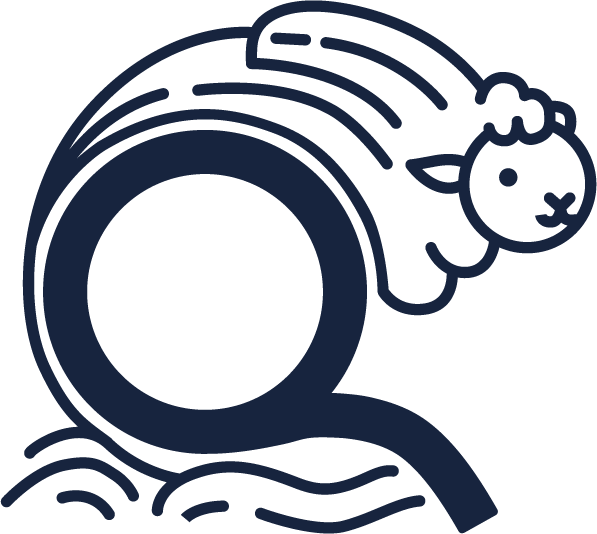Abstract: In principle, quantum key distribution (QKD) offers information-theoretic security for private communication based on the laws of physics. Although attacks exist in practical QKD, many efforts have been made toward the goal of secure communication with imperfect devices. Specifically, the protocol of measure-device-independent QKD (MDI-QKD) guarantees the security of QKD against any detector imperfections. The decoy-state method addresses the issue of the photon number splitting (PNS) attack on an imperfect single-photon source. With such a method, theoretically, the key rate of coherent-state-based QKD can be improved from scaling quadratically to linearly with the channel transmittance, similar to a perfect single-photon source. Further, twin-field quantum key distribution (TF-QKD) improves the secure key rate from the linear scale of channel loss to the square root scale while preserving the security of measurement-device-independent QKD. From MDI- to TF-QKD, fiber-based demonstrations have been rapidly developed. However, since these two protocols involve quantum interference, they remain experimentally challenging due to the effect of atmospheric turbulence. Here, I will introduce our recent efforts to overcome a series of challenges in realizing the first long-distance free-space MDI- and TF-QKD, and the further results implying the potential advantages of daylight free-space QKD. Our experiments take a significant step toward the global-scale quantum network with a high level of practical security.
Bio: Yuan Cao, male, a professor at the University of Science and Technology of China (USTC). He obtained his Ph. D. Degree in 2012 from USTC. The research of Prof. Cao focuses on free-space quantum communication and fundamental issues of quantum physics. He was one of the main researchers of the entangled photon source of the “Micius” satellite. So far, more than 50 papers have been published in Reviews of Modern Physics, Nature, Science, PNAS, Physical Review Letters, Optica, etc. The papers have been cited more than 3700 times by SCI. He was a member of the QCrypt 2021 & 2022 Program Committee.
